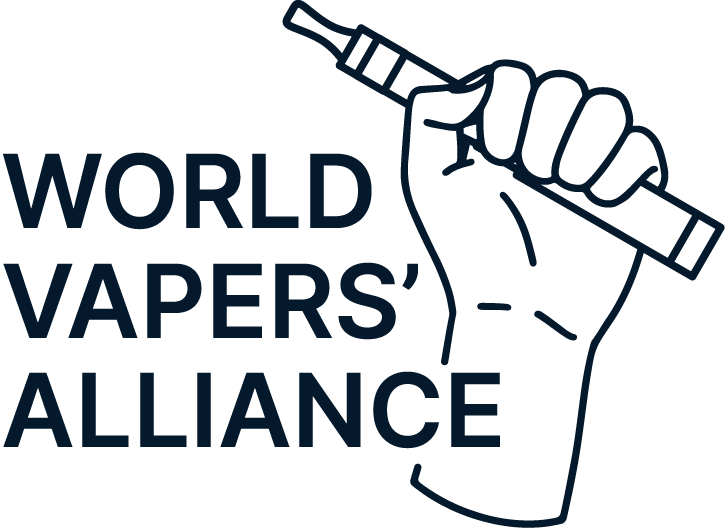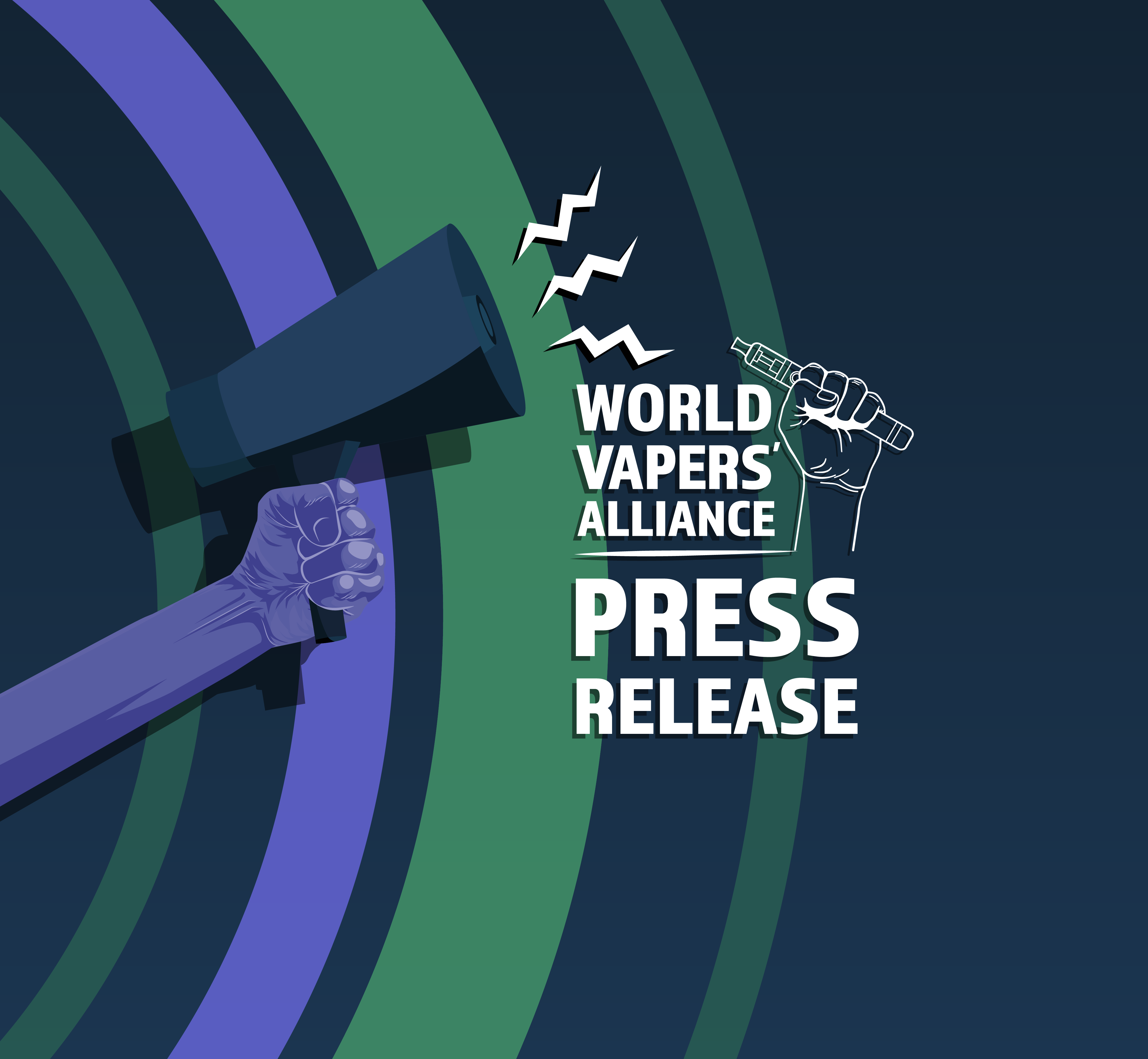Brussel, BE – Vandaag hebben het Consumer Choice Center en de World Vapers' Alliance een nieuwe artikel over de oorlog tegen nicotine, en stelt dat er op bewijs gebaseerde redenen zijn om er in Europa en wereldwijd een einde aan te maken.
Vapen en andere alternatieven zoals nicotinezakjes worden als veel minder schadelijk beschouwd dan roken, maar hun levensreddende kwaliteiten liggen om uiteenlopende redenen voortdurend onder vuur. De consumptie van nicotine is daar één van.
In het artikel worden zes belangrijke redenen onderzocht waarom de oorlog tegen nicotine onredelijk en ineffectief is en geen rekening houdt met het groeiende bewijsmateriaal.
Zes belangrijke redenen waarom de oorlog tegen nicotine moet stoppen:
- Mensen consumeren nicotine, maar sterven door roken
- Nicotine in pleisters en kauwgom is geen probleem, noch bij het vapen, noch in een zakje.
- Verslaving is complex en wordt niet opgelost door een oorlog tegen nicotine
- Nicotine maakt sommige mensen slimmer, sterker en aantrekkelijker
- Misvattingen over nicotine belemmeren vooruitgang in volksgezondheid
- Verbod werkt nooit
Michael Landl, directeur van de World Vapers' Alliance en medeauteur van het artikel, zei het volgende over de bevindingen: "’Het anti-vaping discours zit vol met dubbele standaarden over nicotine. Als we consistent willen zijn over nicotine, moeten we vapen met dezelfde openheid en aanmoediging behandelen als nicotinevervangende therapie, zoals pleisters. Dankzij innovatie kan nicotineconsumptie eindelijk worden losgekoppeld van de schadelijke effecten van roken en daardoor miljoenen rokers helpen hun gezondheid te verbeteren. En toch wordt nicotine onterecht gedemoniseerd. Dit moet stoppen.”
Het verminderen van het aantal rokers en hen in staat stellen snel en efficiënt over te stappen op een minder schadelijk alternatief zou een topprioriteit moeten zijn voor overheden en volksgezondheidsinstanties wereldwijd. Om dit te bereiken, moet het stigma rond nicotine verdwijnen.
“We willen ons nieuwe artikel gebruiken als een factsheet om veel mythes te ontkrachten die het verbod op nicotine omringen. Mogelijke voordelen van nicotine moeten worden onderzocht en onpartijdige wetenschappelijke inspanningen moeten worden gewaarborgd.”", aldus Maria Chaplia, onderzoeksmanager bij het Consumer Choice Center.







